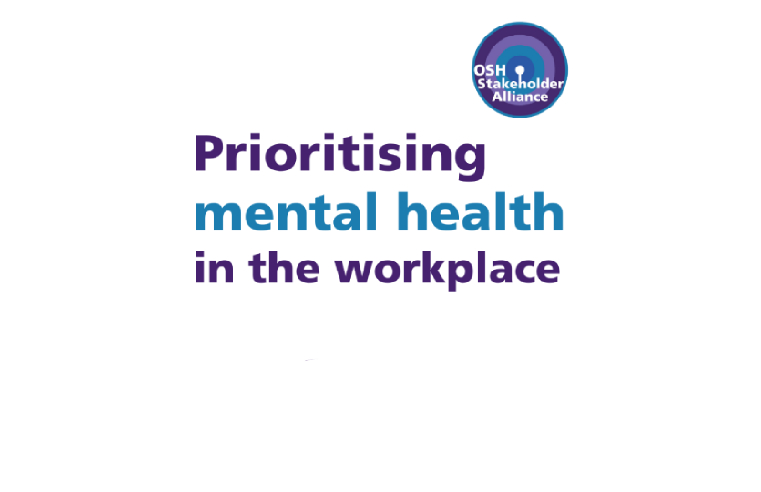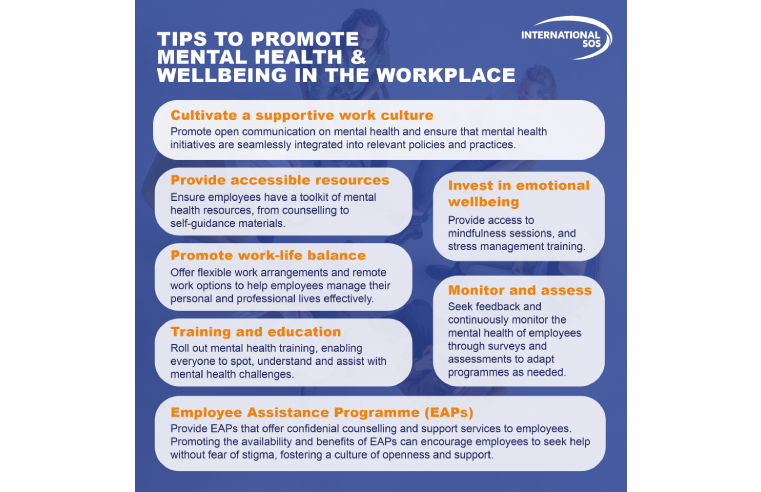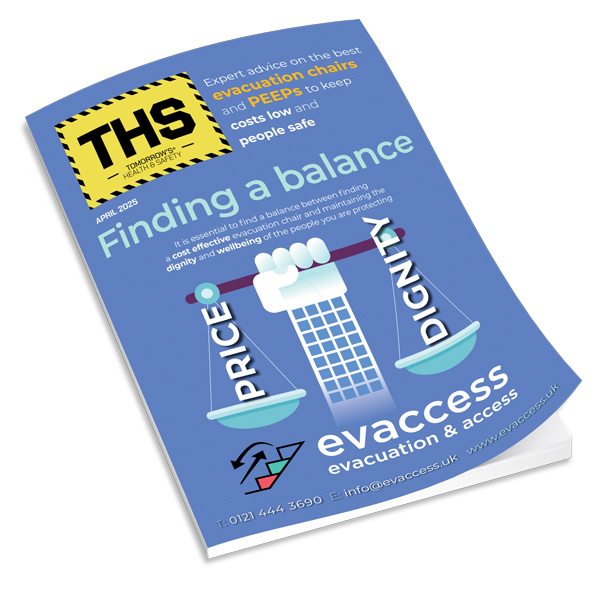New research from health and wellbeing provider BHSF, has highlighted a hidden problem that is magnified by the stigma surrounding poor mental health. The study shows that 24% of employees worry that if they did need to take a sick day due to a mental health issue, they wouldn’t be taken seriously.
More than half of employees (56%) admitted to suffering from stress, a third from anxiety (36%) and a quarter from depression (25%). Despite 46% admitting that work is the main cause of their mental health problems, just 15% would tell their boss if they were struggling with an issue of this nature.
Dr Philip McCrea, Chief Medical Officer at BHSF Occupational Health, commissioned this research to raise awareness of employee wellbeing during Mental Health Awareness Week. He said: “The scale of this problem is huge – and it is being massively underestimated by employers, with employees feeling that they have to mask the issues they are facing.”
Despite mental health being at the forefront of conversations in recent years, 27% still believe that a mental health problem would carry a stigma, with 36% scared of what their colleagues might think.
The new research also highlights the need for workplace support. The statistics show that just 21% of employees receive dedicated mental health support from their employer. Shockingly, this lack of employer support has led to an average of 8.4 sick days taken each year due to a mental health problem.
Philip said: “Mental health problems do not suddenly materialise. The vast majority of individuals suffering from poor mental health will show obvious signs, which are easy to spot in the workplace. For employers, developing early intervention strategies is critical.”
www.BHSF.com
You are here
- Home
- >
- Mental Health
- >
- BHSF Mental health study
BHSF Highlight The real reason employees call in sick

Published on 15/05/2018
Related News
Categories
- CHAS AT SAFETY & HEALTH EXPO 2022
- Agriculture
- Asbestos
- Cleaning
- Compliance & Risk Assessment
- Conferences
- Construction
- Courts
- Culture & Behaviour
- Ear Protection
- Education
- Emergency Evacuations
- Events
- Eye Protection
- Feature
- Fire & Electrical Safety
- Floor Safety
- Gas Detection & Monitoring
- Hand/Arm Vibration
- Hazardous Substances
- Health & Safety News
- Health and Safety Executive
- Hospitals & Healthcare
- Human Factors & Ergonomics
- Hygiene
- In the Courts
- Legislation
- Lone Worker Protection
- Mental Health
- Noise Monitoring
- PPE
- Plant Machinery & Site Safety
- Products & Services
- Prosecutions
- Protective Clothing
- Protective Workwear
- Reports
- Respiratory
- Slips, Trips & Falls
- Standards
- Stress
- Technology
- Training & Development
- Transport & Logistics
- Webinars
- Wellbeing
- Whitepapers
- Work-related Diseases
- Working at height





















